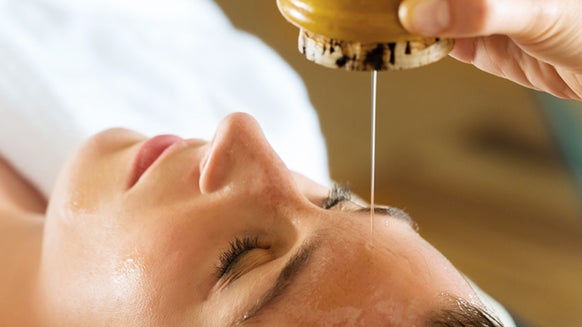5 Ways to be More Mindful

Mindfulness is a state of learning how to be in ‘the now’ rather than overthinking past or present situations or becoming stressed with circumstances out of your control.
Focusing your mind on things as they happen, observing mood, sensations and becoming in tune with what your body is feeling and experiencing. Mindfulness can help free the mind of negative clutter and anxiety.
Dramatically reducing stress levels, improving mental clarity, improving sleep and even improving digestion. Our experts share their tips on how to become more mindful.
1. Find a Quiet Space
First thing in the morning or last thing at night, find somewhere to sit quietly or lay down. Bringing your attention to the physical act of breathing, start to pay attention to your breath as it enters your body through your nose and travels to your lungs. And again as you exhale.
Don’t try to do anything with your breathing – simply notice it, pay attention to it and be aware of it. Allow your body to do what it does naturally.
This exercise is a way of allowing you to have more mindful, conscious awareness of your body and its surroundings, and aids your capacity to relax. When our breathing relaxes our muscles relax.
2. Pay Attention to your Thoughts
Allow yourself time to observe any thoughts that come into your head. Without judgement, pay attention to and accept them for what they are. Thoughts are not bad or good, positive or negative, they are what they are – the thought that you happen to be having at a particular moment in time.
A Buddhist idea is to think of thoughts as pages written on water. Thoughts come and go, don’t dwell on them, just acknowledge and let go.
3. Practice during a Daily Routine
Pick an activity that constitutes part of your daily routine, such as brushing your teeth, cleansing your skin, shaving or taking a shower. Totally focus your attention on what you’re doing – the touch, the smell, the sight, the sound and so on.
You’ll then be able to experience what’s happening with an attitude of openness and curiosity – and even enjoy it more than you thought you would.
4. Short Bursts
Mindfulness is most effective in short bursts. Being mindful a couple of times a day is just as effective as longer sessions. Starting with a few minutes will help you become aware of and appreciate each action you take and focus for the rest of the day.
Taking time to breathe when stopped at a red traffic light, taking time to look at your surroundings and notice what others are doing. No longer will you feel stressed or hindered by the light – instead grateful for a chance to be still and reflective before your onward journey.
5. Don’t Pander to Technology
Next time you receive a text message, email, phone call or social media alert, resist the urge to answer straight away. Allow yourself time to gather your thoughts. Think about the person or people – what they look like, what frame of mind they’re in. You’ll then be better equipped to respond.








